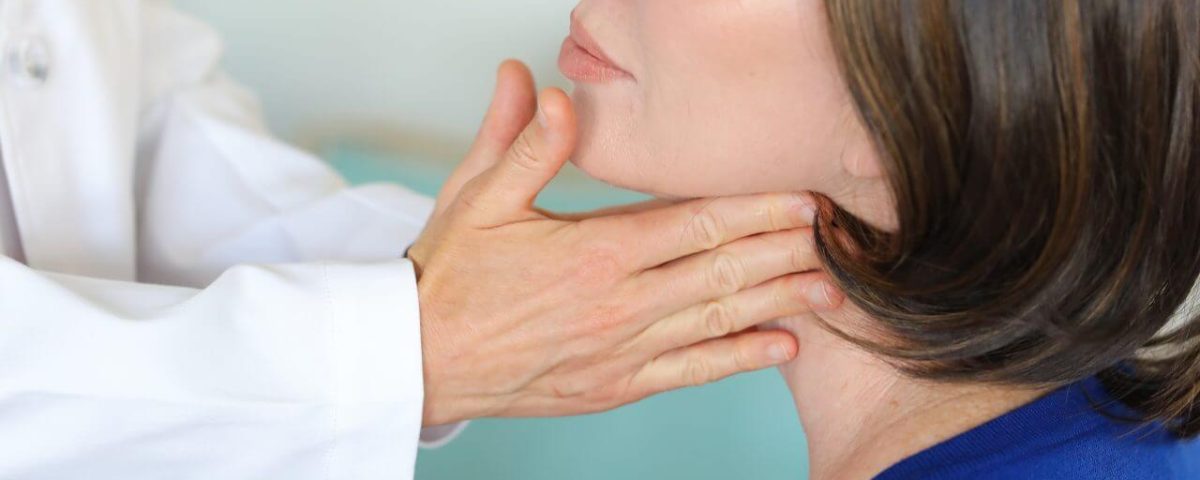Have you started taking Levothyroxine and now you’re feeling a whole lot worse? It’s not that uncommon! If you’re feeling that way and looking for information, I put this article together to understand why it’s happening and what you can do about it. Let’s dive in.
- Have any questions?
- 480-631-7837
- support@in-goodhealth.com

Fast and Easy Chili
August 14, 2024
13 Unique Ways To Not Feel So Hungry
August 17, 2024
Fast and Easy Chili
August 14, 2024
13 Unique Ways To Not Feel So Hungry
August 17, 2024Recommended Product: Are you tired of feeling sluggish, forgetful, and struggling with weight management? These symptoms could be linked to elevated thyroid antibodies, including TPO, AntiTg, and TSHAb. These antibodies attack your thyroid gland, disrupting its ability to produce essential hormones.
Introducing Antibody Support, your scientifically designed solution to reduce thyroid antibodies and reclaim your well-being. This powerful formula combines the best of nature and science. Click Here
Common Symptoms From Levothyroxine
After starting to take Levothyroxine, you may notice some of the following symptoms starting to appear:
- Weight gain
- Lower energy levels
- Mood changes
Why would that be? The thought is that if you truly were lacking in thyroid hormone, and not feeling well because of that, then taking thyroid hormone (as part of a medication) would make you feel better! It brings up a lot of questions, so let’s start with some of the basics.
What Is Hypothyroidism?
I want to start by grounding today’s discussion in a clear definition of hypothyroidism. There are different degrees of it, but many of the things that we think of as hypothyroidism do not come specifically from a lack of thyroid hormones.
We mostly define hypothyroidism based on three things:
- Thyroid stimulating hormones (TSH)
- T3
- T4
The TSH is a backward indicator, and your pituitary asks your thyroid to get to work. If your thyroid begins to slow down, your pituitary gland “yells” at it through TSH.
Regarding TSH, there is a normal and optimal range (far more narrow). Many folks are simply not in that optimal range when they need to be (we call that suboptimal hypothyroidism).
There are also those with elevated TSH, but the thyroid is still making hormones. We call that one subclinical hypothyroidism.
Finally, we have overt hypothyroidism. That is where the thyroid has essentially quit, and it is making none or virtually no thyroid hormones. At this point, the TSH is elevated way above the normal range.
Who Really Needs Thyroid Medication?
At the stage of overt hypothyroidism, medications can be really helpful. They’re often necessary. But at the other stages, the need for medication is not nearly as clear.
Key Insight: For those in the ‘suboptimal’ and ‘subclinical’ buckets, they may not only not need thyroid medication, but thyroid medication may be making their symptoms worse.
There are also risks. There is very strong evidence that, when not required, thyroid medications raise the risk of most cancers and premature death in total. It is serious stuff.
Even after all that, I do want to acknowledge that there are those who may need it. They may have overt hypothyroidism or lack a thyroid, and medications can be helpful here.

How Do Thyroid Medications Make Symptoms Worse?
Many folks may go on T4-only medicine (like Levothyroxine) and feel worse. Here are some of the reasons why that happens.
T3/T4 Ratios
It’s because there are different hormones that the body uses, and T4 is just one of them. If everything works well, you can have T4 and make T3, T2, and everything else.
There are actually around a dozen of these compounds, called thyronomines. The body needs them in pretty exacting ratios. Some may struggle because they naturally struggle with T4-only solutions, while others need T4 and T3.
Key Insight: That can mean staying on Levothyroxine and taking something like Cytomil alongside it. Or changing entirely to naturally desiccated thyroid (NDT) which has both.
Hyperthyroid Free Radical Damage
Even if you’re not hyperthyroid, you may be struggling with hyperthyroid free-radical damage. This goes back to those who may not need to be on medication at all.
Exploring Comorbidities
If someone’s thyroid could work okay but doesn’t work okay due to some other condition, things can become worse if you add in more thyroid hormone. It’s not addressing the main issue.
The big one here is anemia. It’s super common, and around 84% of people with thyroid disease have some degree of anemia. Anemia makes their thyroid work harder, but it also makes them not respond well to thyroid hormones.
If their doctor is not clued into their anemia, then it can make things a whole lot worse. You may even feel worse as your scores improve.
Which Steps Should You Take To Address Levothyroxine Issues?
The first thing is to gain clarity and confirm your initial diagnosis. Did you have suboptimal, subclinical, or overt hypothyroidism? That’s truly the danger of trying to classify all three of these under the umbrella of “hypothyroidism” – they all deserve different types of treatment.
Then, inquire about which options you have besides medications. Work with your healthcare partner to look into alternatives—one of which is exactly what I researched in the Thyroid Reset Diet, which helps to break down these issues and reverse them.
Between 60 and 80 percent of people can fully reverse all of these symptoms within only a couple of months, but how? Through diet!
The next thing to look at are any comorbidities that you may be struggling with. The first one is iron, but you can also look at your adrenal health and circadian rhythm, any potential for fatty liver issues and others.
Key Insight: If your doctor can’t explain your diagnosis in detail and talk you through some of those comorbidities, it’s a great time to consider a second opinion or a thyroid specialist.
Get Your Health Back On Track Today
If you went on Levothyroxine and still didn’t feel your best, and maybe you even felt worse, then you’re not wrong and you’re not crazy. Thyroid medication might not be right at all!
If you want to start finding solutions, I’d highly recommend starting by checking out the Thyroid Reset Diet or clicking here to take a quick quiz on your thyroid health. It can help take their all-important first step and put your health back into your hands! I hope it helps.

P.S. Whenever you are ready, here is how I can help you now:
- Schedule a Thyroid Second Opinion with me, Dr. C, Click Here for Details
- Need help to choose supplements? Click ‘Help Me Decide Here'
- Get my top books Here
Dr. Alan Glen Christianson (Dr. C) is a Naturopathic Endocrinologist and the author of The NY Times bestselling Hormone Healing Cookbook, The Metabolism Reset Diet, and The Thyroid Reset Diet.
Dr. C’s gift for figuring out what works has helped hundreds of thousands reverse thyroid disease, heal their adrenals, and lose weight naturally. Learn more about the surprising story that started his quest.







